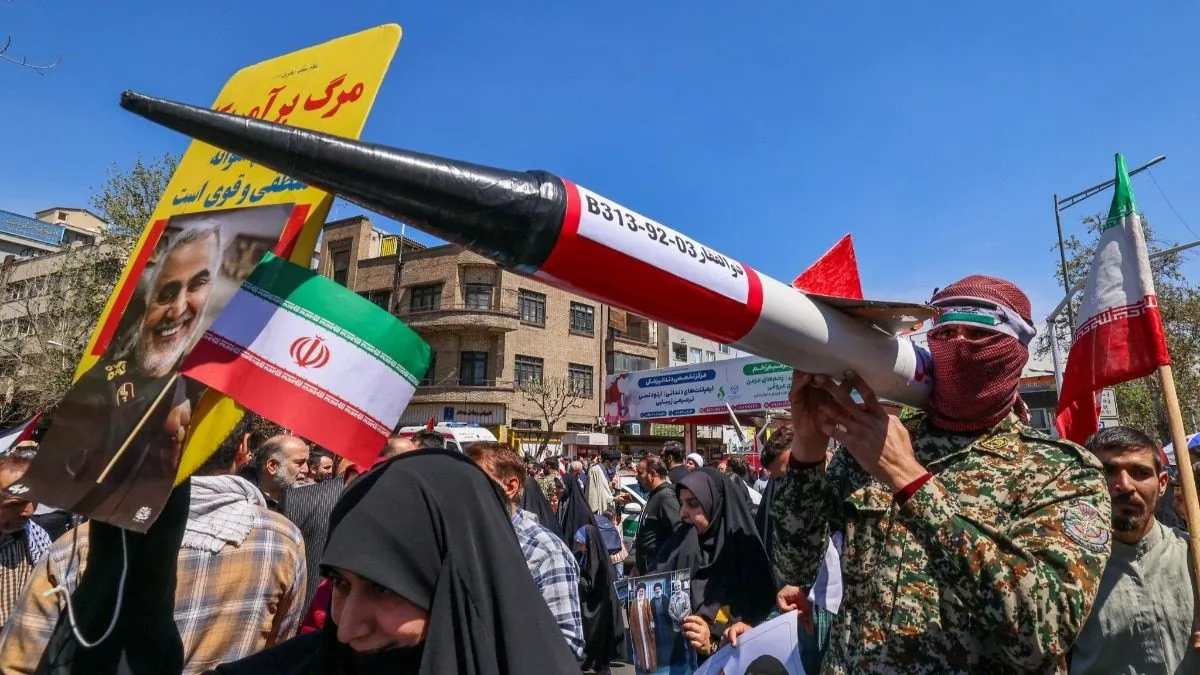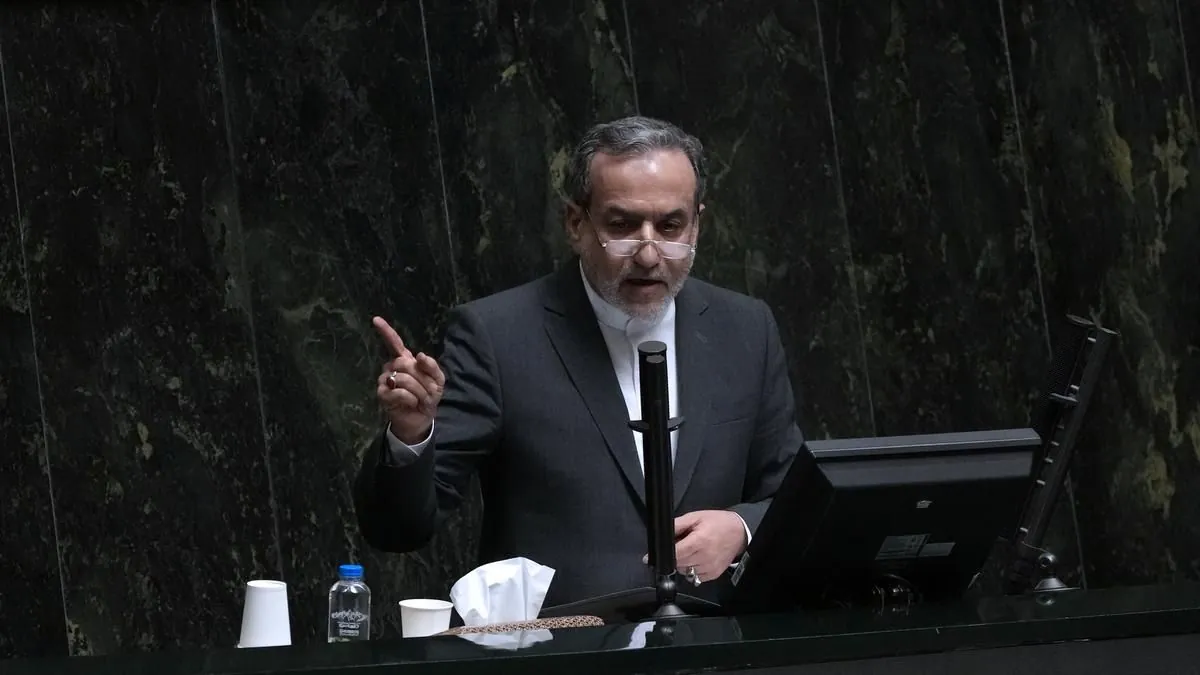Iran Claims Self-Defense in Missile Strike on Israel, Warns of Stronger Response
Iran launches missiles at Israel, citing self-defense. Foreign Minister warns of stronger retaliation if provoked, while expressing optimism for regional stability. UN Security Council action sought.

On October 1, 2024, Iran launched a missile attack against Israel, claiming it as an act of self-defense. This action marks a significant escalation in the long-standing hostility between the two nations, which has persisted since the 1979 Iranian Revolution.
Abbas Araqchi, Iran's Foreign Minister, stated on social media that the operation has concluded, but warned of a stronger response if Israel provokes further retaliation. This statement underscores the delicate balance of power in the region, where tensions have been exacerbated by various factors, including Iran's support for armed groups and Israel's alleged covert operations against Iran's nuclear program.
The missile strike was reportedly in retaliation for the killing of several leaders of Iran-aligned armed groups. This incident highlights Iran's complex network of alliances in the Middle East, including its support for organizations like Hezbollah in Lebanon and Hamas in Gaza.

In the aftermath of the attack, Araqchi revealed that Iran had warned the United States not to interfere. This communication was reportedly conveyed through Switzerland, which often serves as a neutral intermediary in international conflicts. It's worth noting that the US and Iran have not maintained formal diplomatic relations since 1980.
"Message exchanges do not mean coordination. No message was sent prior to our response (to Israel). After this response, a warning was conveyed via Switzerland telling Americans that it was our right to self-defence and that we do not intend to continue (the attack)."
The Iranian government has called on the United Nations Security Council to take "meaningful action" to prevent threats against regional peace and security. This appeal to the international body, which includes five permanent members with veto power, underscores the global implications of the conflict.
Despite the recent escalation, Araqchi expressed optimism about the future, stating, "I am optimistic about future days. There is a possibility of conflict but our forces are fully prepared. We expect to gradually witness stability in our region over the coming days."
This latest development occurs against a backdrop of complex regional dynamics, including the impact of the Abraham Accords, which normalized relations between Israel and several Arab states in 2020. The ongoing situation also reflects the broader challenges facing Iran, including international sanctions that have significantly impacted its economy and criticism of its response to internal protests.
As tensions remain high, the international community watches closely, aware of the potential for further escalation in this volatile region. The situation underscores the need for diplomatic efforts to address long-standing issues and promote stability in the Middle East.


































